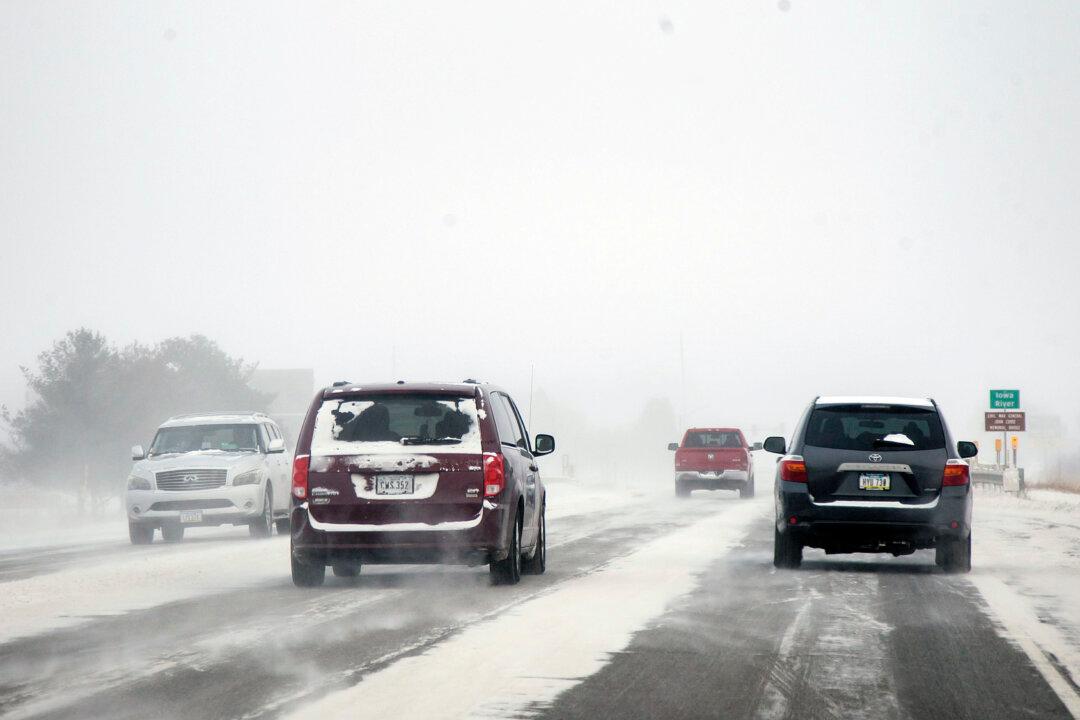Harsh winter weather derailed plans across the United States on Christmas Eve, with subzero temperatures, high winds, and heavy snow in multiple parts of the country.
In Buffalo, New York, and surrounding areas, a blizzard dropped snow that totaled more than two feet. As temperatures approached zero and windy conditions contributed to the visibility problems, hundreds of people were left stranded in their vehicles, including people who tried driving late Friday despite a driving ban in place for the entire county, Erie County officials said. Emergency response vehicles, meanwhile, were stuck, hampering rescue efforts.





